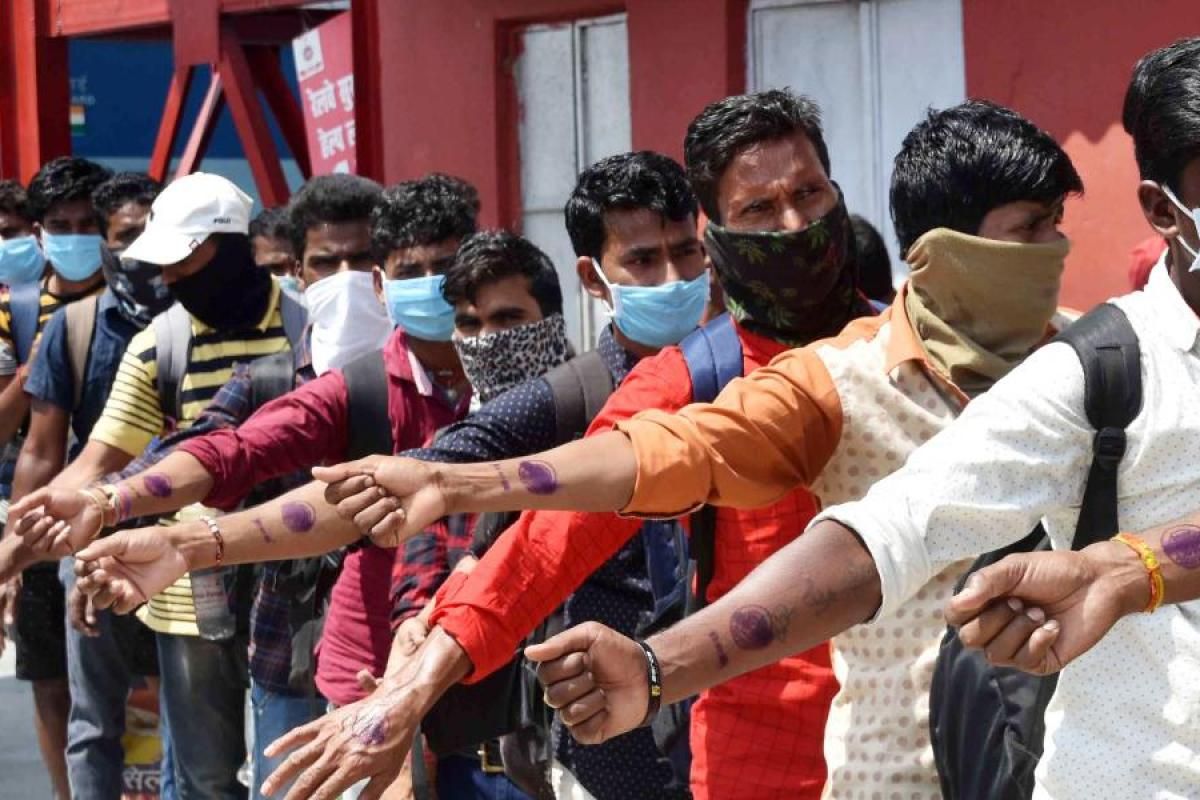BWI: Ready social protection measures on migration crisis
 BWI General Secretary Ambet Yuson urged labour-sending countries to prepare for a migrant crisis and ready social protection measures as millions of unemployed migrant workers are expected to return home to their countries due to the COVID-19 pandemic. BWI issued the statement immediately after the International Labour Organisation (ILO) reported that millions of migrant workers may return to their native countries.
BWI General Secretary Ambet Yuson urged labour-sending countries to prepare for a migrant crisis and ready social protection measures as millions of unemployed migrant workers are expected to return home to their countries due to the COVID-19 pandemic. BWI issued the statement immediately after the International Labour Organisation (ILO) reported that millions of migrant workers may return to their native countries.
The ILO estimated that there are 164 million migrant workers worldwide, half of whom are women, comprising 4.7 percent of the global labour force. It said that almost a million have already returned to South Asia and Southeast Asia. They include 500,000 Nepalese who returned from India, more than 250,000 Bangladeshis from the Middle East, 130,000 Indonesians, 100,000 Burmese and 50,000 Filipinos, mostly seafarers. Meanwhile, Ethiopia expects 200,000-500,000 (Photo: ANI) migrants to return by the end of the year.
Yuson said that the ILO report has confirmed their worst fears.
“From the start, BWI has consistently stated that migrant workers, particularly those without unions, are one of the most vulnerable sectors for the pandemic and the subsequent lockdown measures. They are often among the first workers to lose their jobs and incomes. They risk getting stranded in foreign countries and forcibly quarantined in cramped facilities, and bore the brunt of COVID-19 discrimination,” Yuson said.
Yuson urged labour-sending countries to brace for the crisis and put in place all appropriate social protection measures to help returning migrant workers. He pointed to unemployment and health subsidies, additional tax exemptions, anti-discrimination safeguards and retooling and reintegration programs as some of the important measures needed to be readied immediately.
“We call on their home countries to mobilise all their available resources and do everything they can to help their returning workers. They must be provided with the widest array of financial and social support to help them endure this crisis and ensure their smooth reintegration,” Yuson said.
“Migrant workers have already sacrificed and suffered so much before and during this crisis. They must not be made to suffer more,” Yuson concluded.
